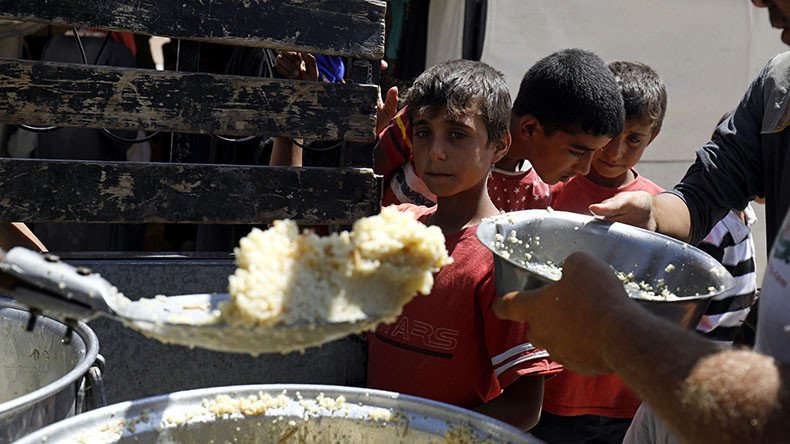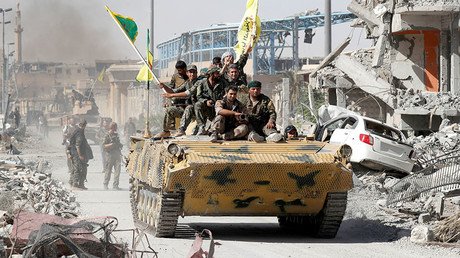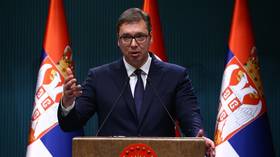Syria: Humanitarian efforts, not sanctions, are needed more than ever

The situation in Syria is undergoing a complete transformation. Due to the de-escalation process, it is now possible to drastically reduce the level of violence, to improve the humanitarian situation as well as to fight terrorists more efficiently.
The ISIS-controlled territory is shrinking. On 14-15 September, at the international meeting in Astana the four de-escalation zones were finalized.
The Astana process helps address practical issues necessary for monitoring the de-escalation process and preventing incidents between the warring parties.
It has boosted an intra-Syrian dialogue under the auspices of the UN, and today it is important to support efforts to establish a joint opposition delegation in Geneva that would be able to launch direct talks with the Syrian government. We support Saudi Arabia’s efforts aimed at bringing together separate opposition groups, including the so-called Riyadh, Moscow, and Cairo groups. Russia is committed to the settlement 'road map' for Syria set out in UNSC Resolution 2254.
Alleviation of the humanitarian situation following the creation of de-escalation zones dictates the need to step up humanitarian assistance to all Syrians, to facilitate the restoration of the civilian infrastructure as well as to create conditions for the return of refugees and temporarily displaced persons. It is also important to pay attention to the monitoring of delivery and distribution of humanitarian assistance. This applies, in the first place, to deliveries from Turkey and Jordan under the so-called “cross-border mechanism” established by the UN in 2014. Russia believes that such a mechanism should be gradually wrapped up as changes on the ground make it less relevant.
The “tripartite mechanism” (Syria-UN-Russia) launched in Damascus to discuss specific issues of the population’s access to humanitarian aid proved effective. It will help send more humanitarian convoys to the areas in need. In a situation where hundreds of thousands of people are returning to their homes, assistance in rebuilding schools, hospitals and infrastructure is vital. Syria has tremendous demands on the eve of its liberation from the dominance of foreign terrorists.
The humanitarian mine disposal process remains important. The Russian military is doing everything possible to help the Syrians in this field and to prevent new casualties among innocent people. The UN and other countries wishing to help the people of Syria are welcome to take an active part in this work.
Russia firmly opposes Western unilateral sanctions that proved effective only in adding insult to injury for the ordinary Syrians. The same is true for our position against any pressure on the Syrian government based on unsubstantiated allegations of the use of chemical weapons by the Syrian military. The latter fully applies to the incident on 4 April in Khan Shaykhun, which was allegedly hit with chemical munitions by the Syrian air force. During the six-month investigation by the OPCW Fact-Finding Mission, none of its experts visited the scene of the incident or the Shayrat airbase, where sarin used in Khan Shaykhun was allegedly stored. Without obtaining samples to detect traces of sarin, it will be extremely difficult, if not impossible, to establish a true picture of what really happened in Khan Shaykhun as well as to identify the perpetrators of this crime.
The statements, views and opinions expressed in this column are solely those of the author and do not necessarily represent those of RT.














